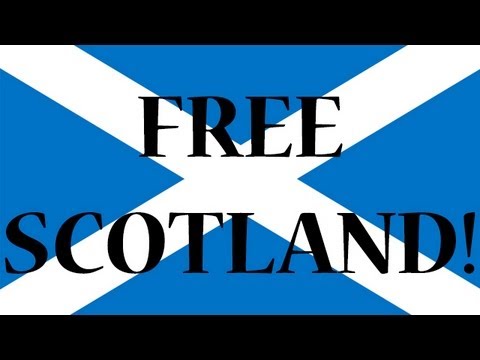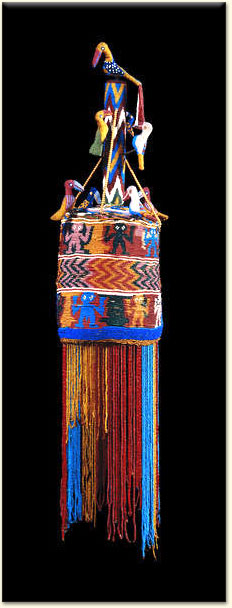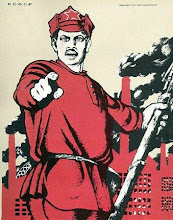
March 31, 1850 marks the end of the life of John C. Calhoun, American statesman and orator. He served the state of South Carolina in the Senate, and was a proponent of free trade, in this opposing the North, which was very much protectionist, seeking to protect the infant industrial northern society.
The South saw Northern protectionist tariffs as strangling free trade and their exports, and feelings ran so high that secession from the Union was seriously discussed. A forceful speaker, Calhoun orated thus in this period:
'We are told that the Union must be preserved. And how is it proposed to preserve the Union? By force! Does any man in his senses believe that this beautiful structure, —this harmonious aggregate of States, produced by the joint consent of all,—can be preserved by force?
Its very introduction will be certain destruction to the Federal Union. No, no! You cannot keep the States united in their constitutional and federal bonds by force.
Force may, indeed, hold the parts together; but such union would be the bond between the master and slave—a union of exaction on one side, and of unqualified obedience on the other.
It is madness to suppose that the Union can be preserved by force. Disguise it as you may, the contest is one between power and liberty.'
In the present day, we celebrate this very application of force, and never more question the nature of the outcomes of such a procedure. The productive and beneficial outcomes of Force and Violence are orated and applauded and the icons associated with them are enshrined.
The Founding Fathers saw the necessity of Union, compelled to it by the logic of history, not by the calculus of armed conflict and compulsion. The Union, although it struggled to be born, was not in its nature a compact to which the parties were driven by arms and cudgels.
Yet, the continuance of the Union was seen to be such a process of exaction and unqualified obedience.
The question in Calhoun's mind probably was:
Did we, indeed, freely agree to enter into a Union, whose existence immediately abrogates those same freedoms, upon our crossing the threshhold into it?
(note: During the aftermath of the presidential election of 1824, Calhoun denounced the "corrupt bargain" of Henry Clay and John Q. Adams, saying that power - improperly acquired - will be undoubtedly improperly used.)

















2 comments:
You've echoed the very same argument the South made for secession. But they, attempting to apply strictly the laws of logic, as have you, got it all wrong. For the first thing successful revolutionaries everywhere at any time do is: make revolution treason.
Hmmm.
I think I echoed the arguments of the South for peaceful secession, not secession itself.
I am going to have to ask you to expand on the rest. The second sentence leads me down one path, then the third seems to point in a different direction.
Thanks for your attention.
Post a Comment